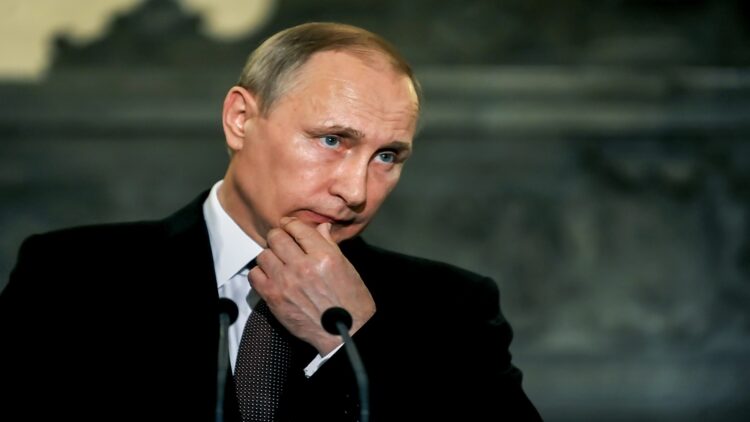Global observers are witnessing a systematic effort to discredit international accountability mechanisms through strategic budget manipulation. A detailed inquiry has uncovered systematic efforts spanning years to paralyze human rights inquiries in vulnerable regions. This is emerging at a time of unprecedented economic pressure on the United Nations and shifting geopolitics.
Beijing and Moscow initiate systematic defunding campaigns
China and Russia have consistently sought to block funding for human rights work at the United Nations for five years, according to a new 97-page report by the International Service for Human Rights. The efforts to make deep cuts in the UN human rights agency and cut off funding for significant lines of inquiry were proposed during off-the-radar UN meetings where diplomatic pressure could be conveyed without public scrutiny or media glare.
The report documents a pattern of strategic budgetary strategy in an attempt to undermine global accountability campaigns. Among the resolutions presented before the council as a bloc by Russia and China in 2021 included the proposal to withhold all finances to seventeen projects set by the Geneva rights council. Another resolution in 2024, backed by the two countries and their closest allies, aimed at probing Iran, North Korea, Ukraine, Belarus, Eritrea, Sudan, and Venezuela.
The authors label such actions as a hazardous weaponization of the budget procedure, creating adverse precedents in favor of non-interference in affairs of state over crucial human rights defense and international accountability measures.
Strategic targeting seeks higher geopolitical goals
The joint effort to defund such activities represents a deliberate move to derail UN human rights machinery that investigates authoritarian governments and their allies. China and Russia targeted examination of those countries in their sphere of influence, specifically, showing the way budgetary procedures can be used for geostrategic ends. The proposals unmistakably aimed at paralyzing the Office of the High Commissioner for Human Rights, said report author Angeli Datt.
These actions correlate with overall United Nations challenges, including draconian fiscal austerity and reduced American engagement by some administrations. The schedule appears intended to capitalize on institutional vulnerabilities at a moment when the organization is exposed to several stresses simultaneously. Russia has actively fought against UN probes targeting its own human rights violations and those of its allies.
“The proposals made by Russia and China are so much about crippling OHCHR (the Office of the High Commissioner of Human Rights)” – Angeli Datt, author of the report
The international community effectively resists efforts at subversion
In spite of continued attempts to defund human rights, the international community ultimately spurned these defunding proposals through collective efforts at resisting. The Czech Republic, in its role as European Union president, effectively countered by proposing motions for full funding of human rights mechanisms at Secretary-General António Guterres-recommended levels. This motion easily passed with an overwhelming majority, showing that multilateral institutions can withstand authoritarian pressure if democratic countries act in solidarity.
Winning the battle of human rights funding is a massive victory for global accountability mechanisms. UN member states not only opposed defunding motions but also opposed flawed recommendations from the Advisory Committee on Administrative and Budgetary Questions, whose representatives from states such as China and Russia had been pushing anti-human rights agendas without justification.
Major deliverables of resisting elements
Entire funding upheld: Human rights processes were given the entire budget
Advisory Committee rejected: Faulty advice by tainted experts scorned
Precedent established: Successful formula for resisting international accountability tools
Coalition building: Democratic countries showed fruitful coordination against authoritarian pressure
The international community’s successful resistance to such attempts at defunding establishes significant precedents for the safeguarding of human rights institutions from political interference. The victory shows that unified democracies are able to hold firm on international accountability tools even in the face of prolonged pressure from authoritarian powers, which aim to avoid accountability.


